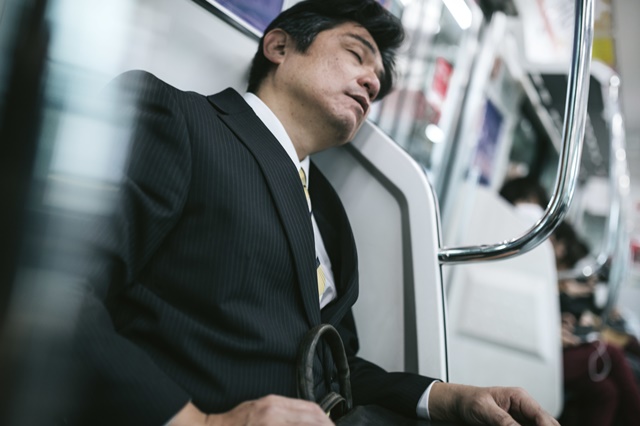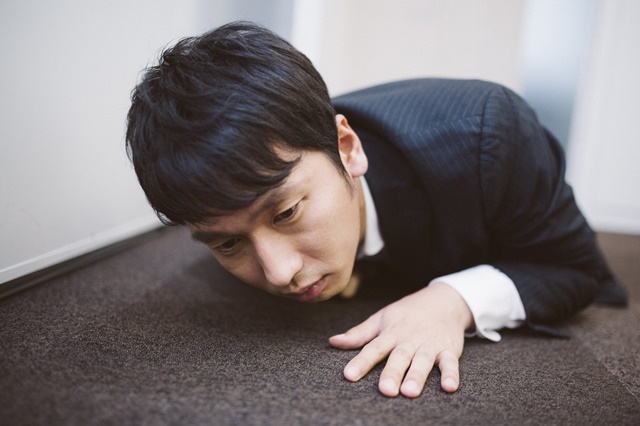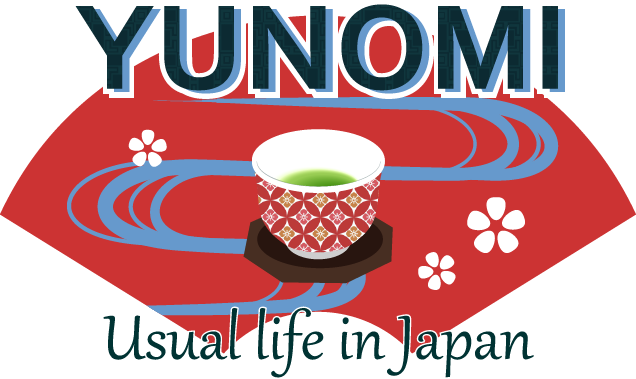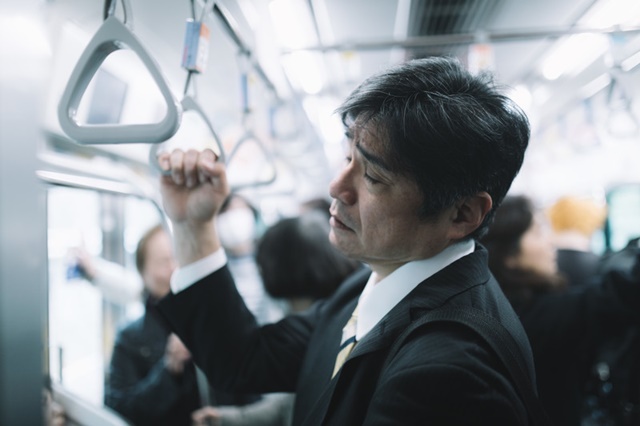Japan is famous not only for its advanced technology and unique culture, but also for its intense work ethic.
For decades, Japanese office workers have been associated with long hours, late nights, and a word that shocked the world: karoshi — death from overwork.
Why does this happen in a country that values harmony and discipline?
And why do so many employees still find it difficult to leave the office on time or take their paid vacation?
This article explores the cultural and structural reasons behind Japan’s overtime problem — from social pressure and “unwritten rules” to the tragic consequences of karoshi — and how new generations may change the future.
Overtime as a Social Obligation
In Japan, overtime is rarely just about finishing extra work.
Even when tasks are complete, many employees stay in the office, waiting until their boss leaves or simply to show dedication.
In this culture, long hours are a silent badge of loyalty, while leaving on time can feel like disobedience.
Why Overtime Happens

1. Lifetime Employment and Loyalty
Traditionally, big companies offered lifetime employment. In return, workers gave their loyalty. Staying late became a ritual that proved devotion.
2. Seniority and Effort
Promotions often depend on seniority. As a result, effort must be visible — and in Japan, nothing is more visible than being the last one in the office.
3. Unclear Job Boundaries
Job descriptions are often vague. If something needs doing, anyone may be asked to handle it. This flexibility makes overtime inevitable.
4. Peer Pressure
Japan is a group-oriented society. Leaving early while colleagues are still working feels like betrayal.
So people stay — not because of rules, but because of eyes watching.
The Paradox of Paid Leave
On paper, Japan offers generous paid vacation days.
In reality, using them is another story.

“I can take paid leave, but when I return, the work has piled up.
Even worse, my absence means colleagues had to pick up my share.
I don’t want to burden others — and I don’t want to drown in backlogged tasks when I come back.
So it feels almost impossible to use up all my vacation days.”
The result? Paid leave exists, but socially, it cannot be touched.
Coping with Exhaustion: Sleeping on the Train

Chronic overtime and lack of rest create another familiar scene in Japan: workers sleeping on the train.
Morning and evening commutes often turn into survival naps.
Rows of office workers can be seen dozing off, sometimes even while standing.
But this isn’t deep, restful sleep.
It is more like a light doze — shallow sleep.
People drift in and out of consciousness: resting just enough to recover a fragment of energy, yet awake enough not to miss their station.
“I’m not completely asleep.
It’s more like a light nap.
My body is resting, but my mind is hovering just above full sleep.
Without these train naps, I couldn’t keep up during the week.”
In this way, the commuter train has become an unofficial extension of rest — not a place of comfort, but a place where millions of workers borrow a few minutes of shallow sleep to survive the demands of another long working day.
Consequences: Sleep Deprivation and Karoshi

Japan is one of the most sleep-deprived nations in the world.
-
Average sleep time (2025 data): 6 hours 18 minutes per day
-
Over half of workers get fewer than 6 hours on weekdays
This chronic fatigue fuels karoshi (過労死) — death from overwork.
Between 2010–2014, official statistics recorded one such death every 12 days.
Victims often collapse from heart failure, stroke, or suicide linked to stress.
Efforts at Reform
The government has tried to intervene:
-
Capping overtime at 45 hours per month
-
Publicly naming companies with extreme practices
-
Encouraging workers to take paid leave
Yet cultural forces remain strong.
Laws can change faster than mindsets, and the belief that “exhaustion equals dedication” still lingers in offices across Japan.
Gen Z: A New Value System for the Future

While older generations often accepted long hours as inevitable, Generation Z (often called Gen Z) is beginning to question this culture.
Recent surveys show that many young employees judge companies by whether overtime is common, and a majority say they value work-life balance over blind loyalty.
For them, “working hard” no longer means “staying late.”
It means achieving results while still protecting personal time.
This quiet but steady shift suggests that Japan’s culture of exhaustion may not last forever.
The future could be shaped by a generation that dares to say:
“Work should not cost us our health or our lives.
Dedication should be measured in ideas and results, not in hours sacrificed.”
In this sense, Gen Z may hold the key to ending karoshi — building a Japan where efficiency, creativity, and balance replace exhaustion as the ultimate badge of honor.

